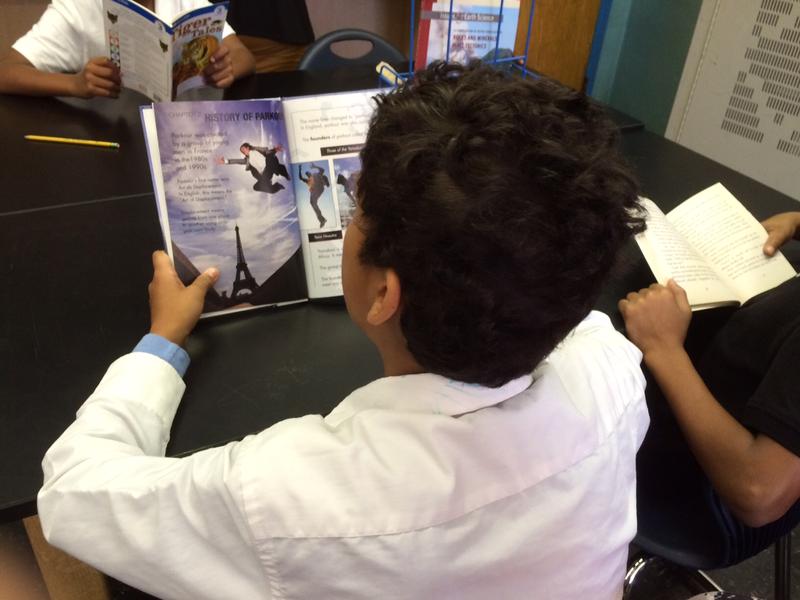
The Department of Education said the city's public schools will see more money they've been owed from the state in the next fiscal year, but that it would take hundreds of millions of additional dollars to make them whole.
Ray Orlando, the D.O.E.'s chief fiscal officer, said during a hearing by the city council's education committee that all schools will receive at least 87 percent of what they were budgeted under the city's fair student funding formula. This formula was designed almost a decade ago, after a ruling in the Campaign for Fiscal Equity case found the state owed the city billions of dollars in school aid. But it was never completely fulfilled because of the 2008 financial crisis.
Orlando said the mayor's preliminary budget includes more than $150 million to "raise the floor" from last year's minimum of 82 percent to a new minimum of 87 percent. This will affect 650 schools. However, Renewal Schools — which were already receiving extra funds — will receive 100 percent of what they were owed instead of last year's 92 percent.
Orlando said this is the highest rate schools have seen "since the formula was created." But he said it would take an extra $700 million in order to fully fund them. Education advocates are pursuing a new lawsuit to obtain the rest of the money the state owes the city and other districts.
Chancellor Carmen Fariña said the 94 struggling Renewal schools will benefit from extra reading coaches, guidance counselors and literacy programs. "We wanted to make sure no schools fell between the cracks," she said, explaining the emphasis on Renewal schools.
Billy Easton, Executive Director of the Alliance for Quality Education, said it's "essential" that the city is funding these troubled schools. But he called it "a crime that the state has failed to fulfill the Campaign for Fiscal Equity."
The assembly's budget would phase in the $2 billion owed to New York City but the senate would not.
Education advocate Leonie Haimson of Class Size Matters questioned the city's own budget priorities. "I wish the administration were as focused on this as they are on pre-k," she said.
Mayor Bill de Blasio and Fariña included other education initiatives in the coming budget. They include $76 million to help elementary school students read on grade level by the end of second grade, expand algebra in middle schools and give all high school students access to Advanced Placement classes.
The chancellor acknowledged under questioning that a new pilot program to provide breakfast in elementary school classrooms had, "a bit of a rocky start."
"In some schools, parents really do not want the breakfast in the classroom," she said, adding that some families want students to eat before leaving home. "It varies from school to school."
The program is meant to ensure students eat something if they miss the regular breakfast in their cafeteria before the start of school.
But several principals have complained that serving breakfast in classrooms has become inconvenient for staff members (especially custodians) and can take away time from learning. Fariña said the city is trying to address these concerns by working closely with the schools to make sure serving breakfast doesn't take away from class time.
A total of 450 classrooms are receiving cold breakfasts this school year and the program is supposed to grow to 750 classrooms next year at a budget of $1.6 million.
Council members once again pressed the city to provide free lunch for all public school students, instead of just those whose families are poor enough to qualify. They believe more students would participate and that free meals for everyone would lower the stigma of not being able to afford to pay, especially in the upper grades.
But Fariña said a pilot program to give all students free lunch in stand-alone middle schools only increased the participation rate by 6 percent, adding, "I think we need further study."
